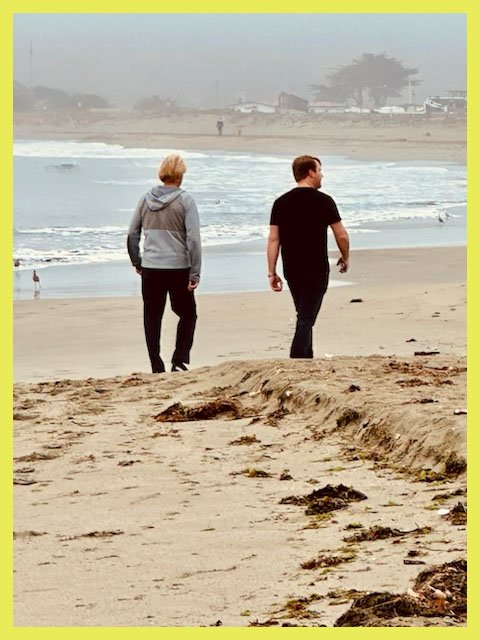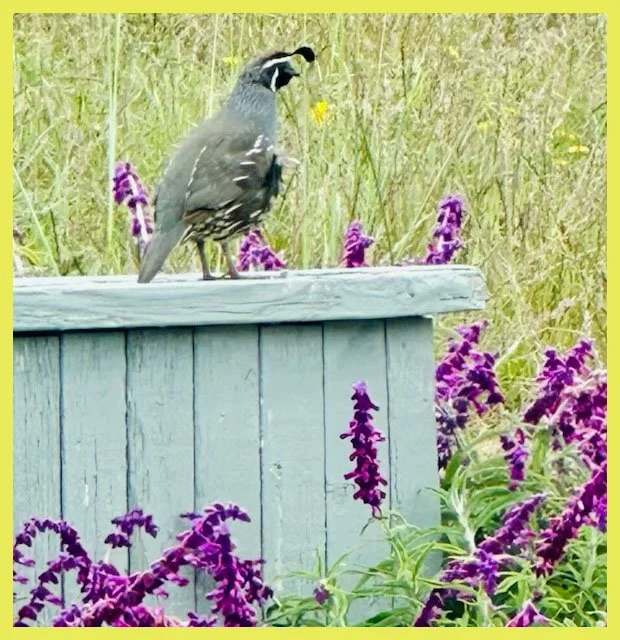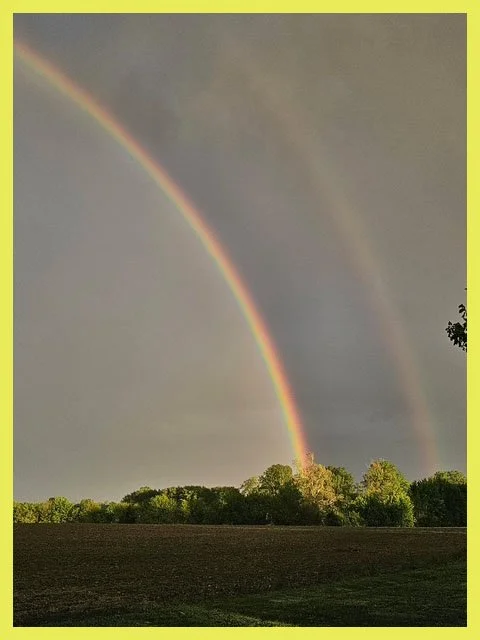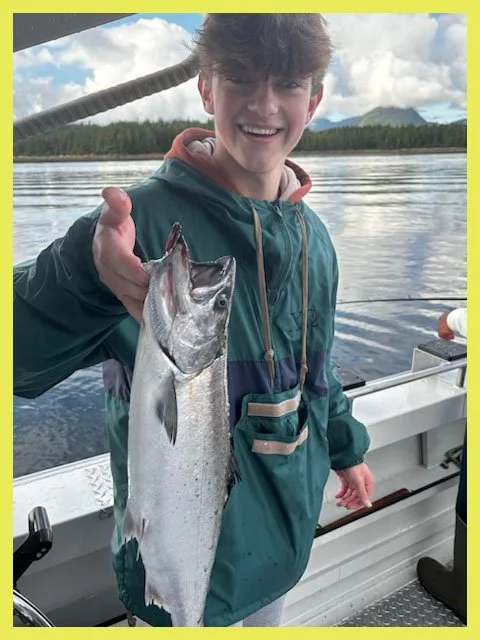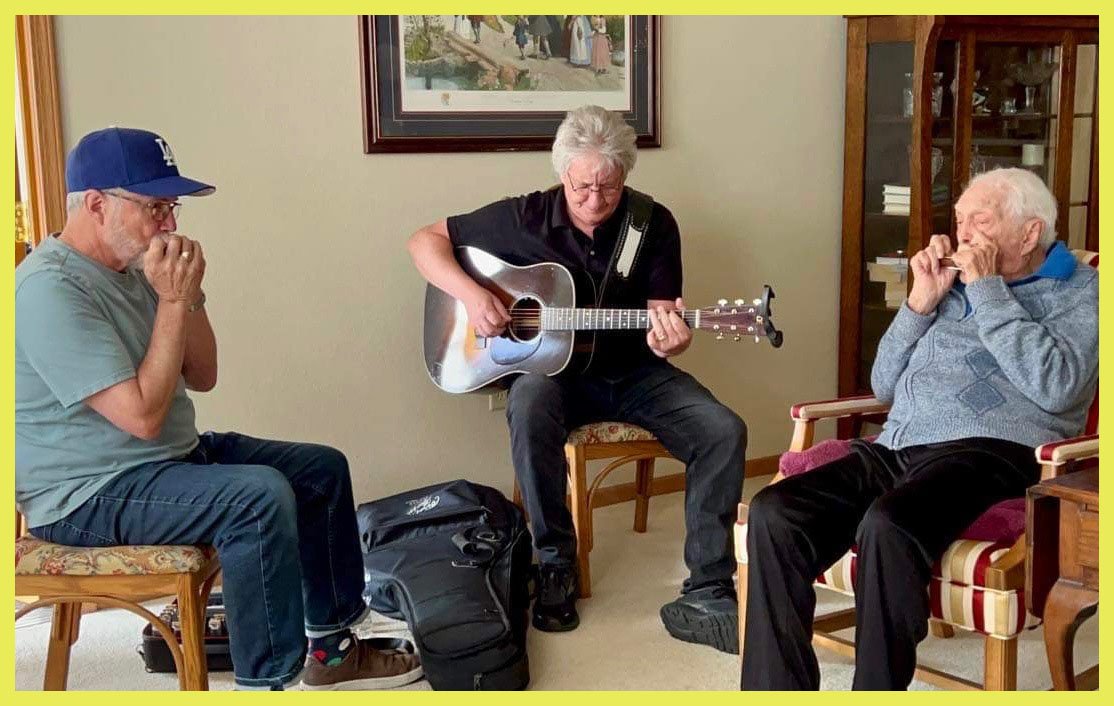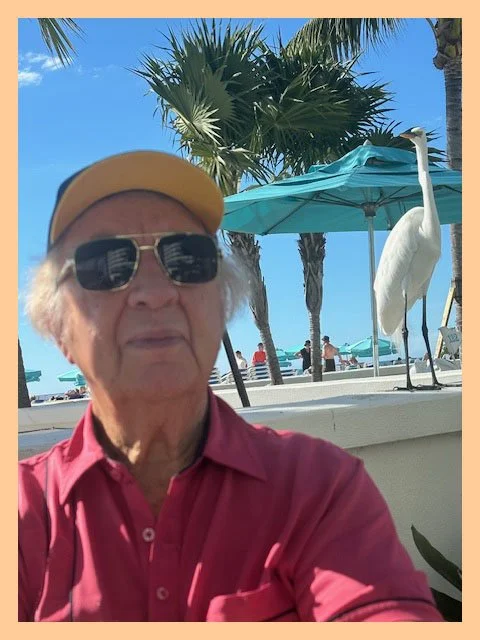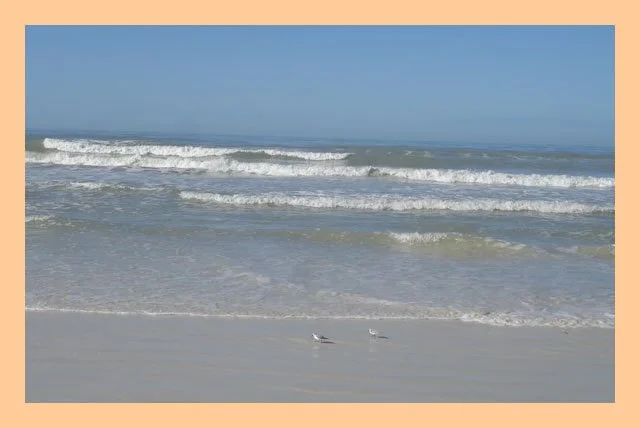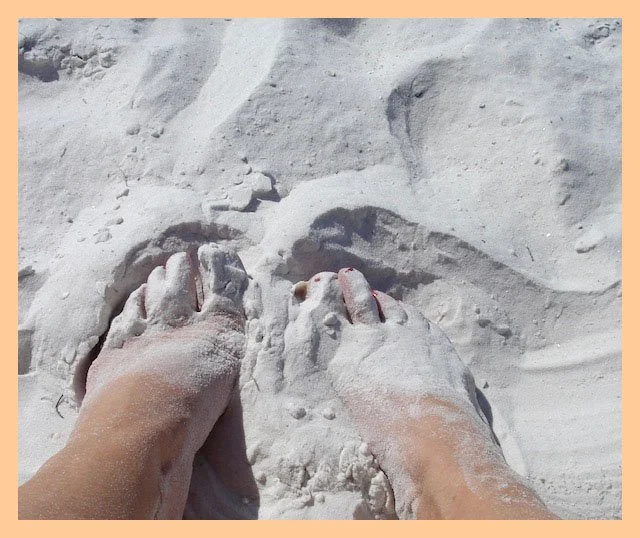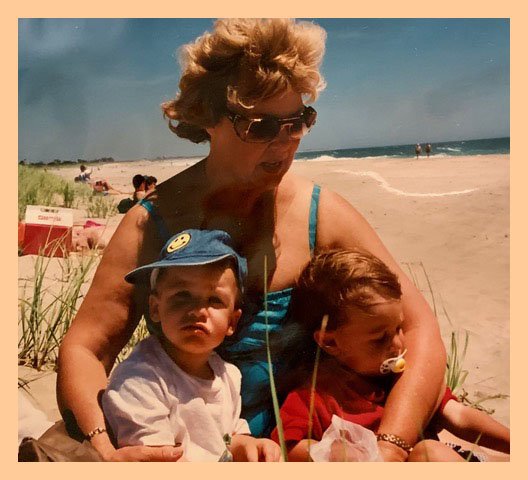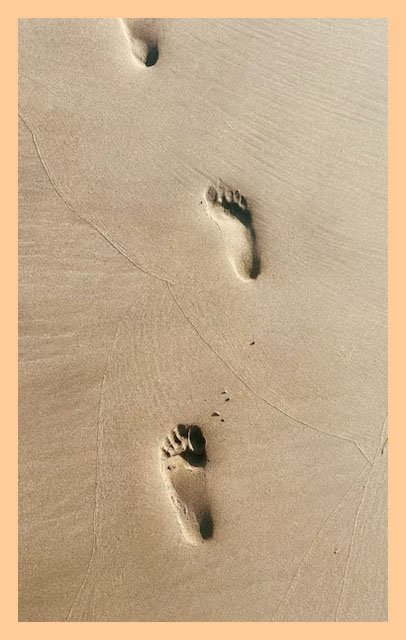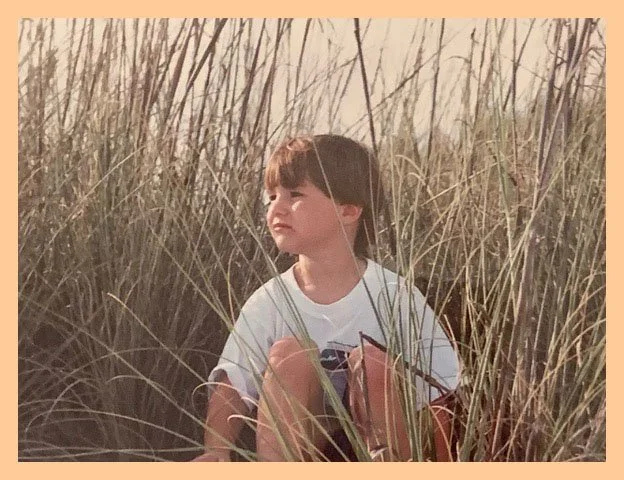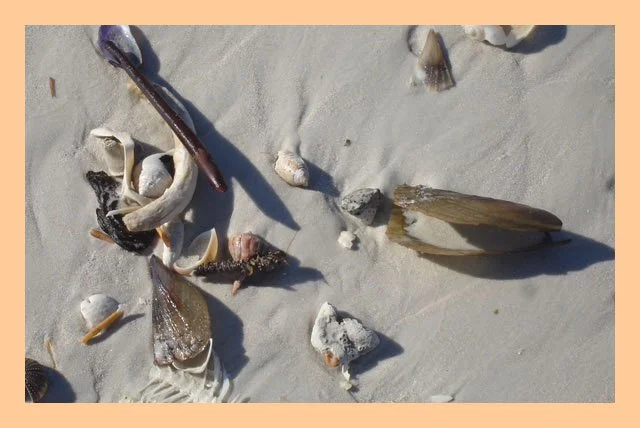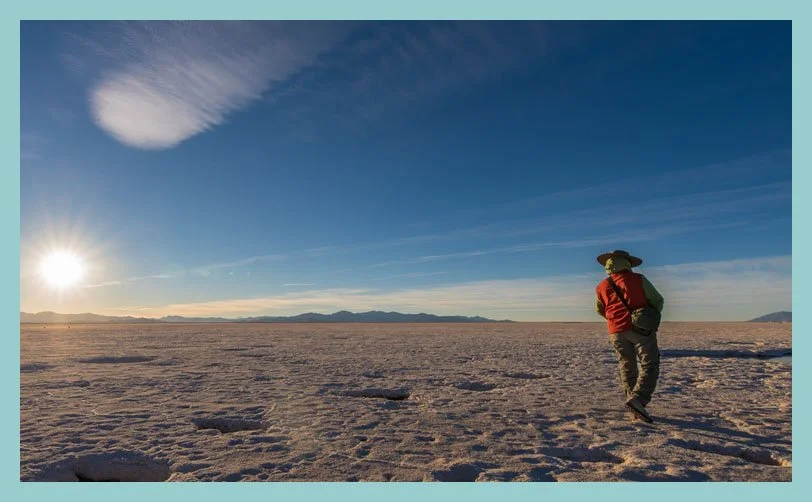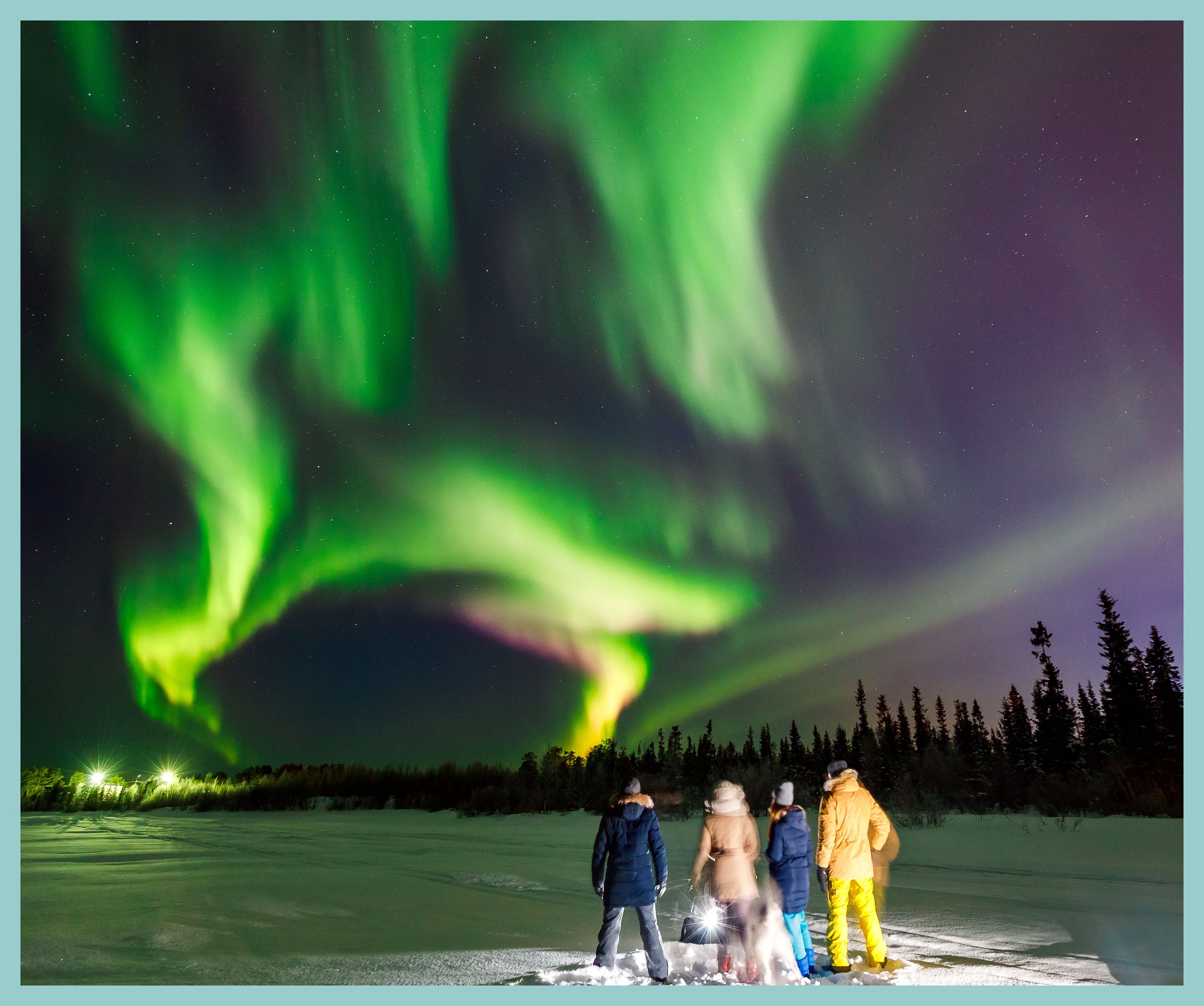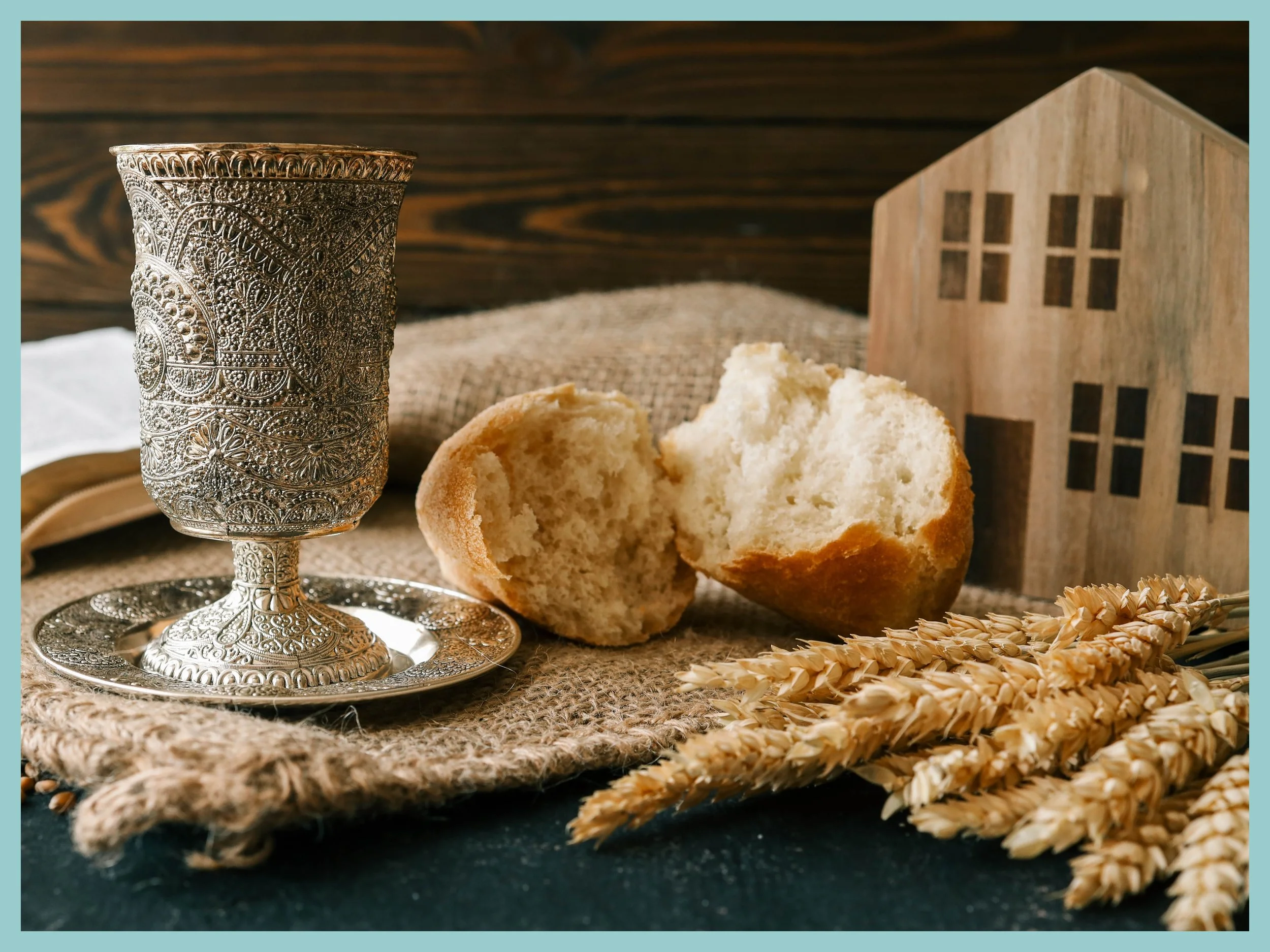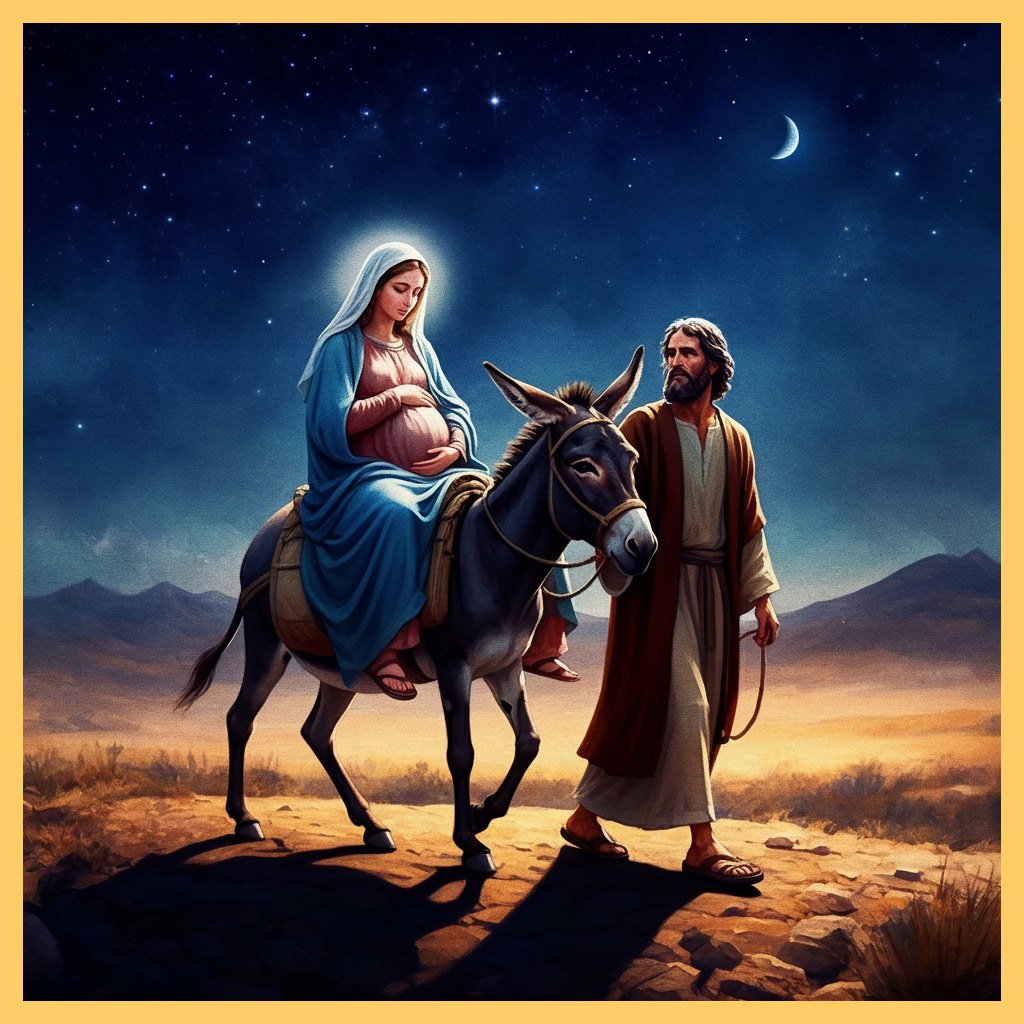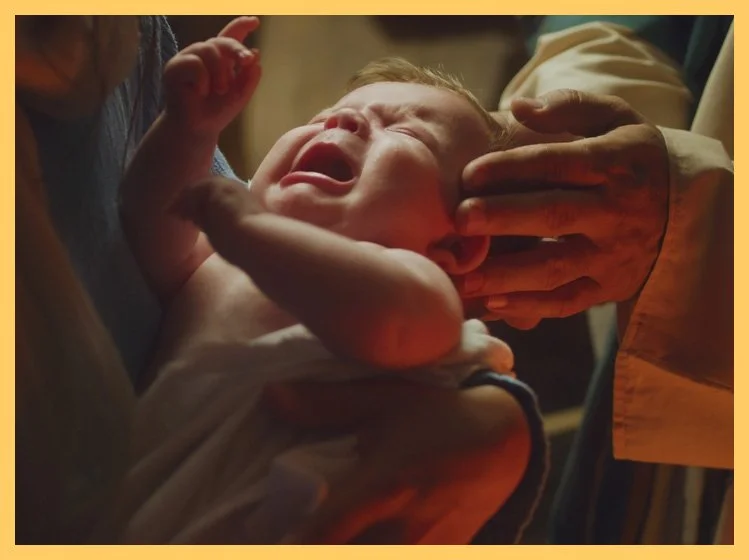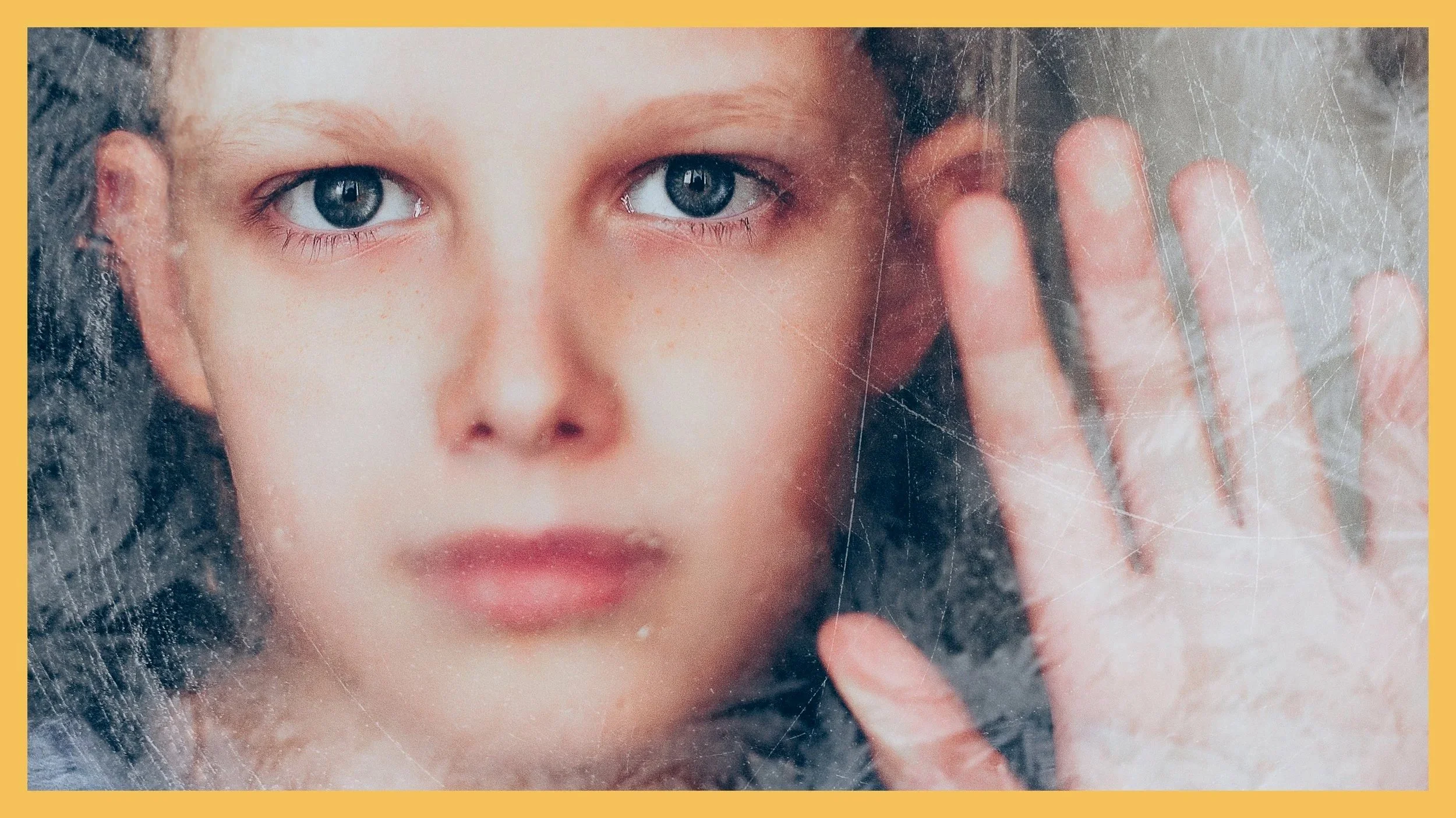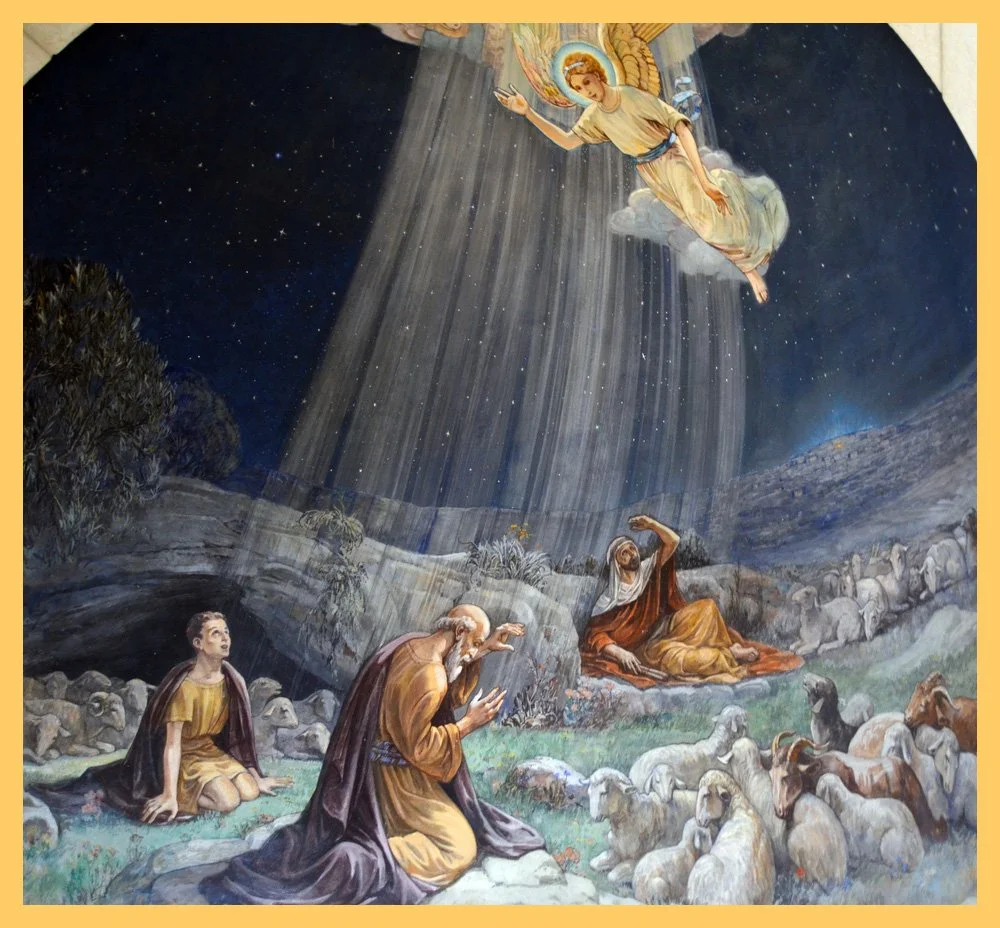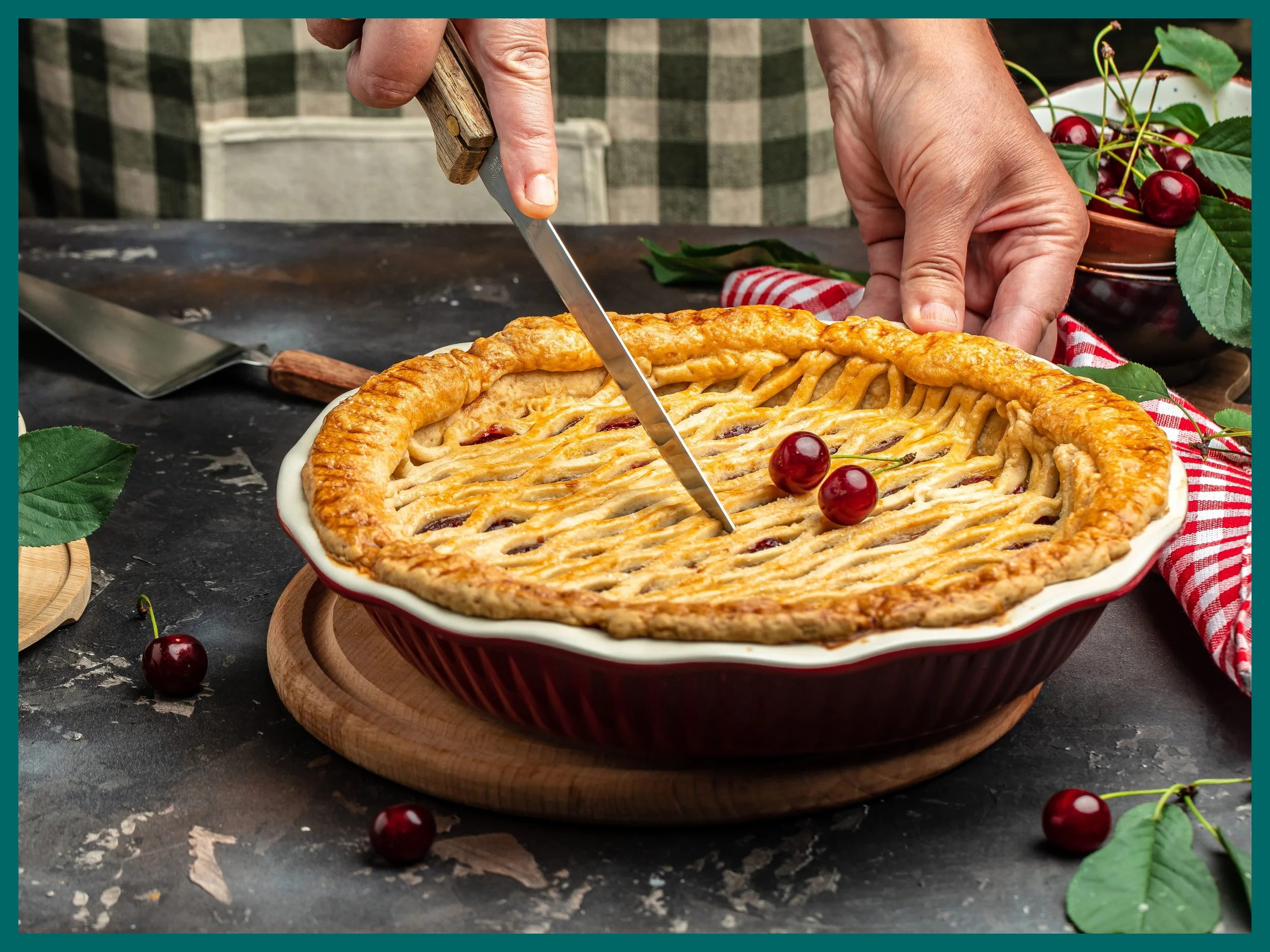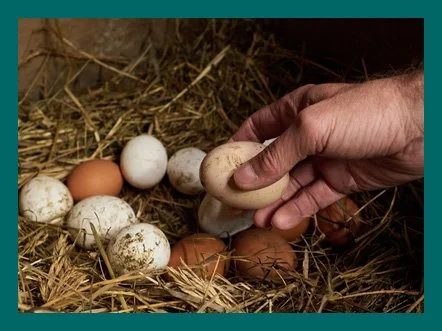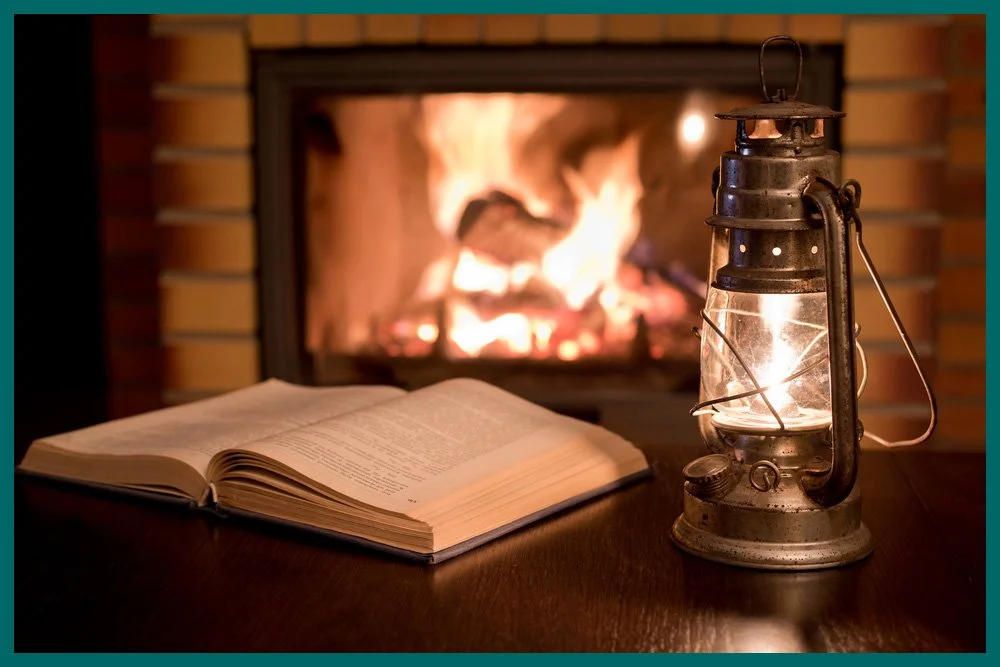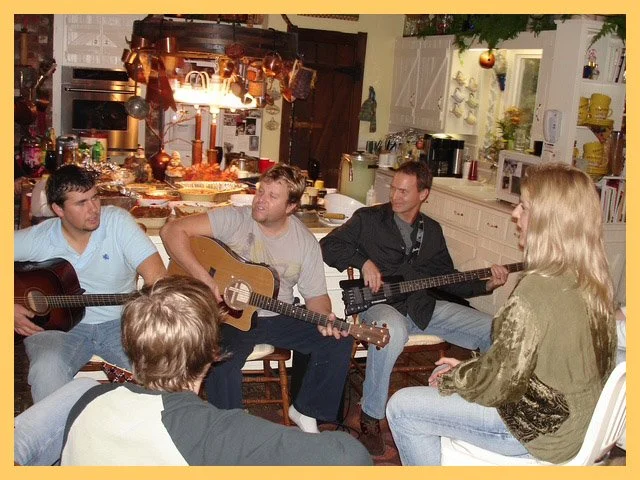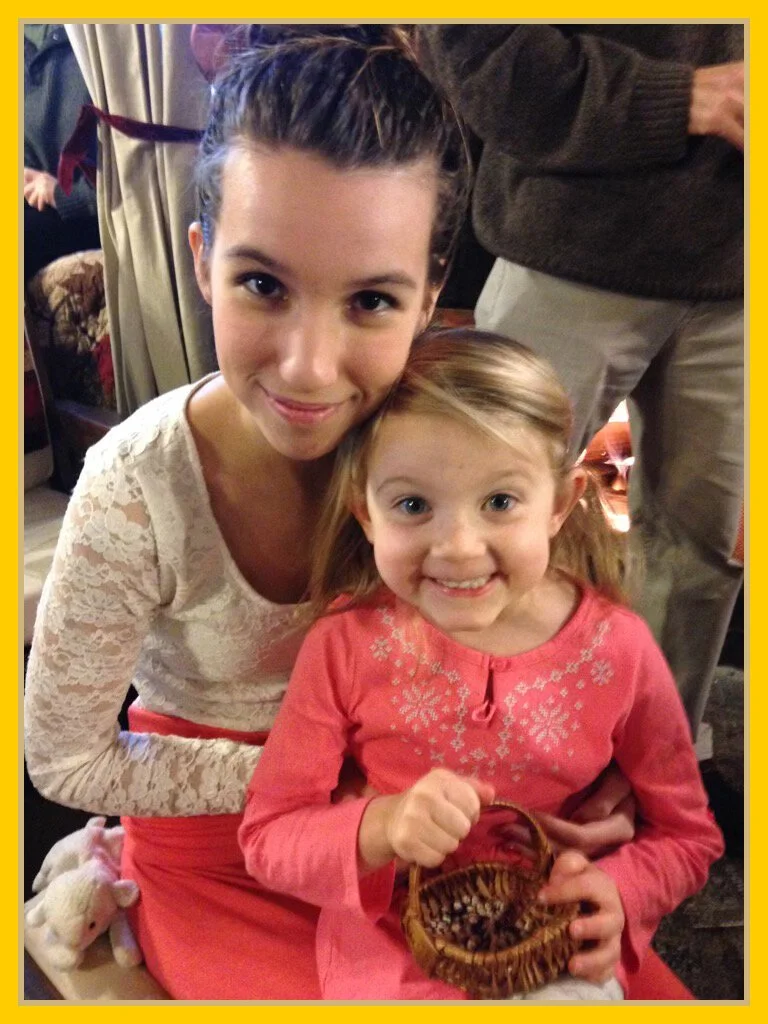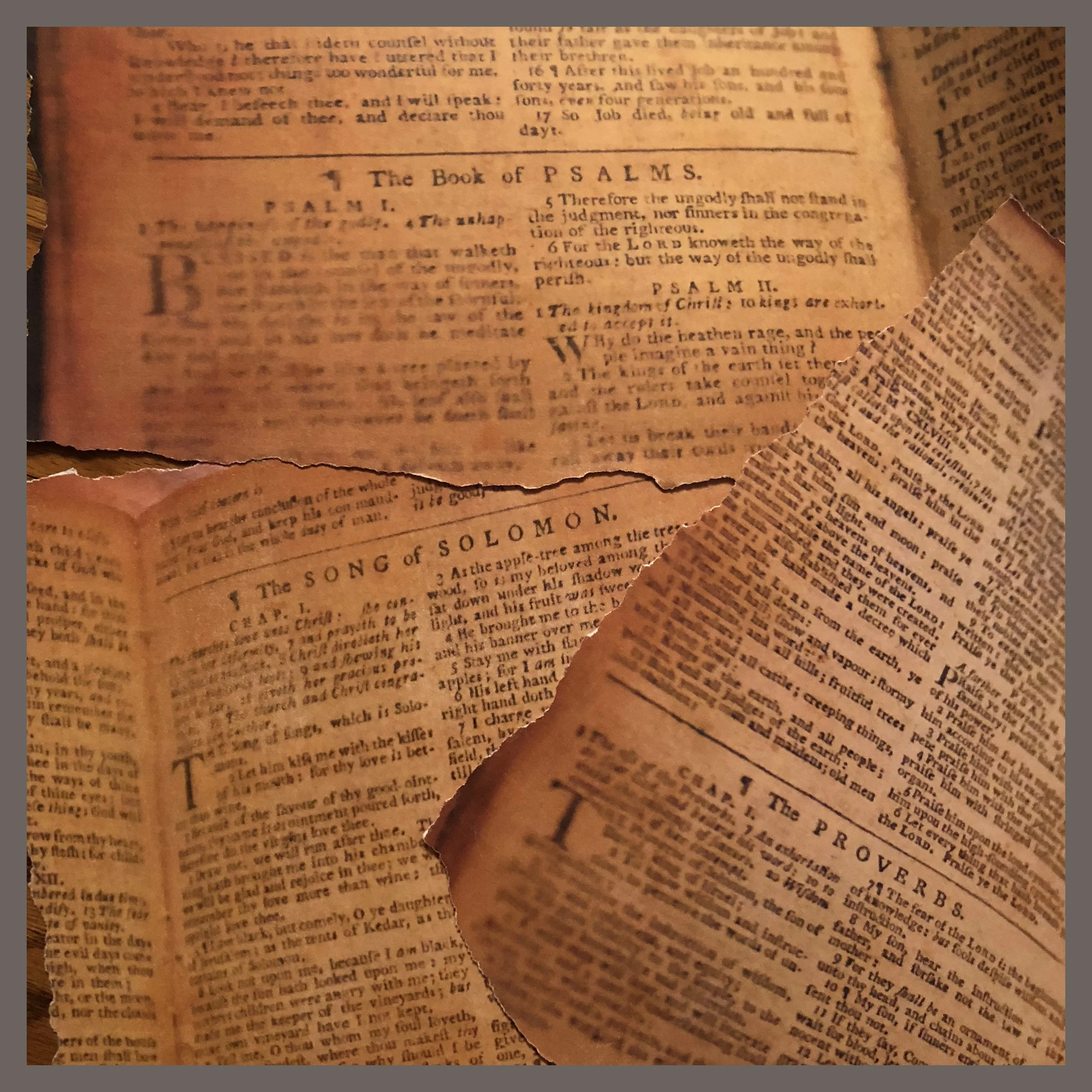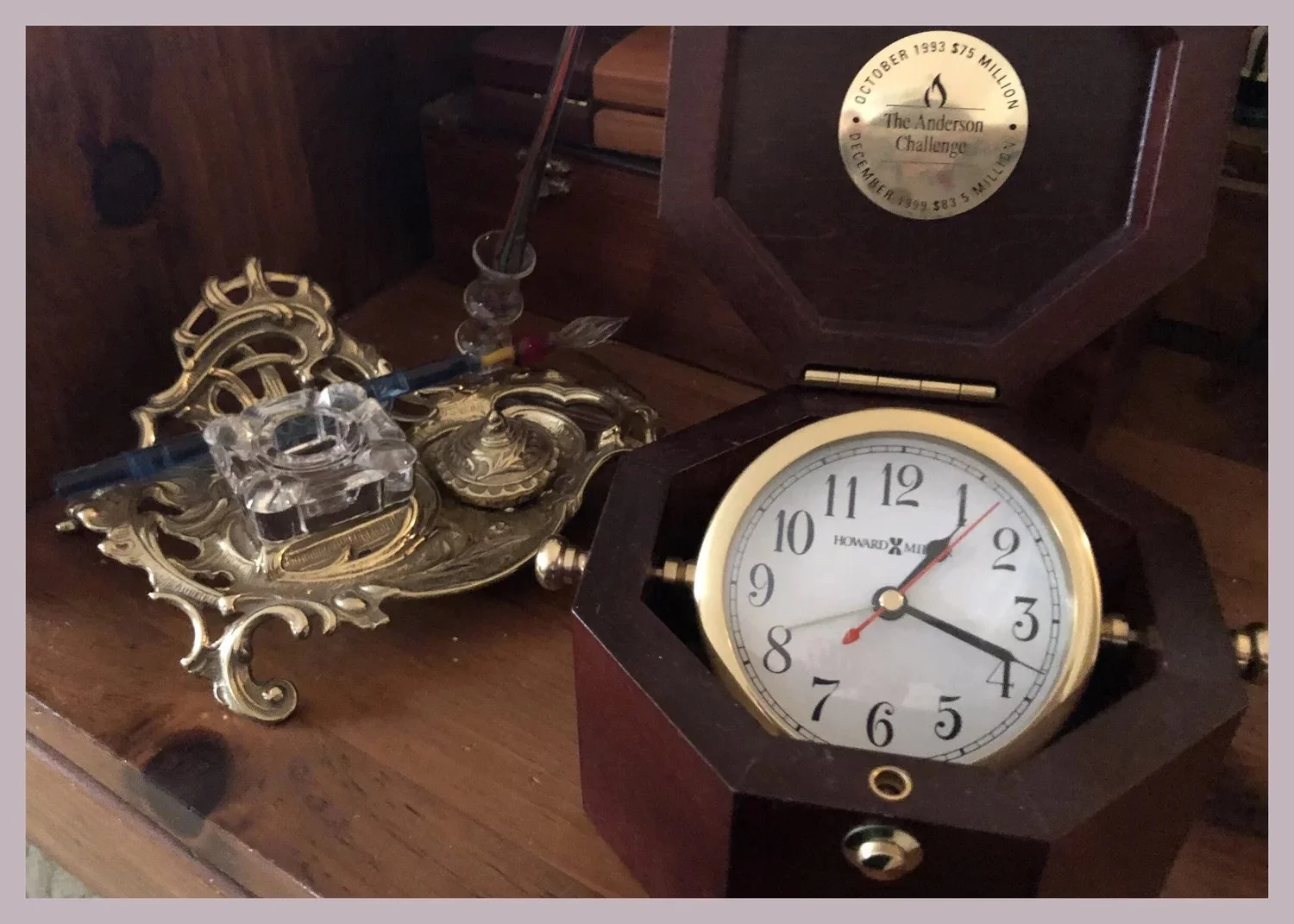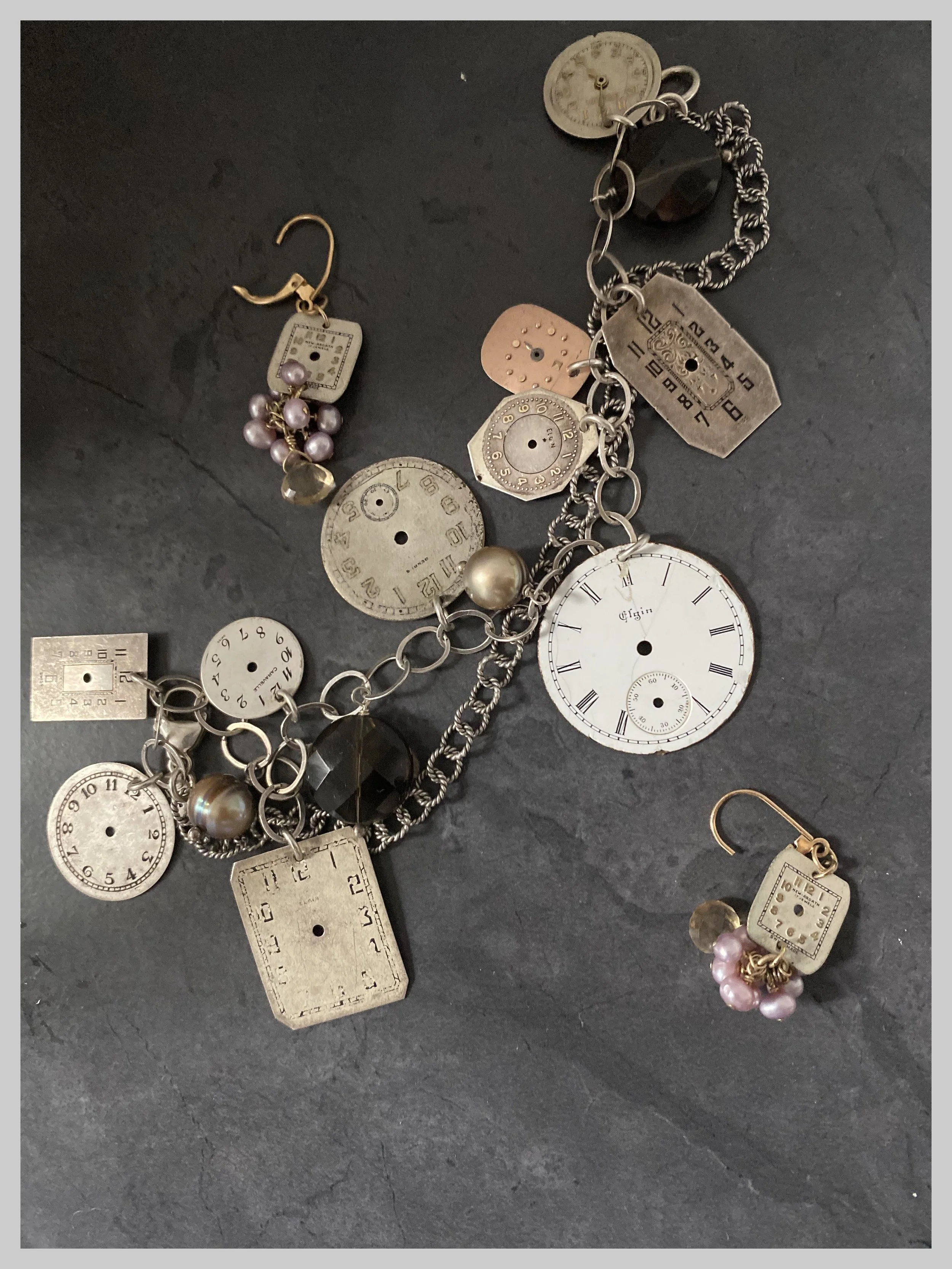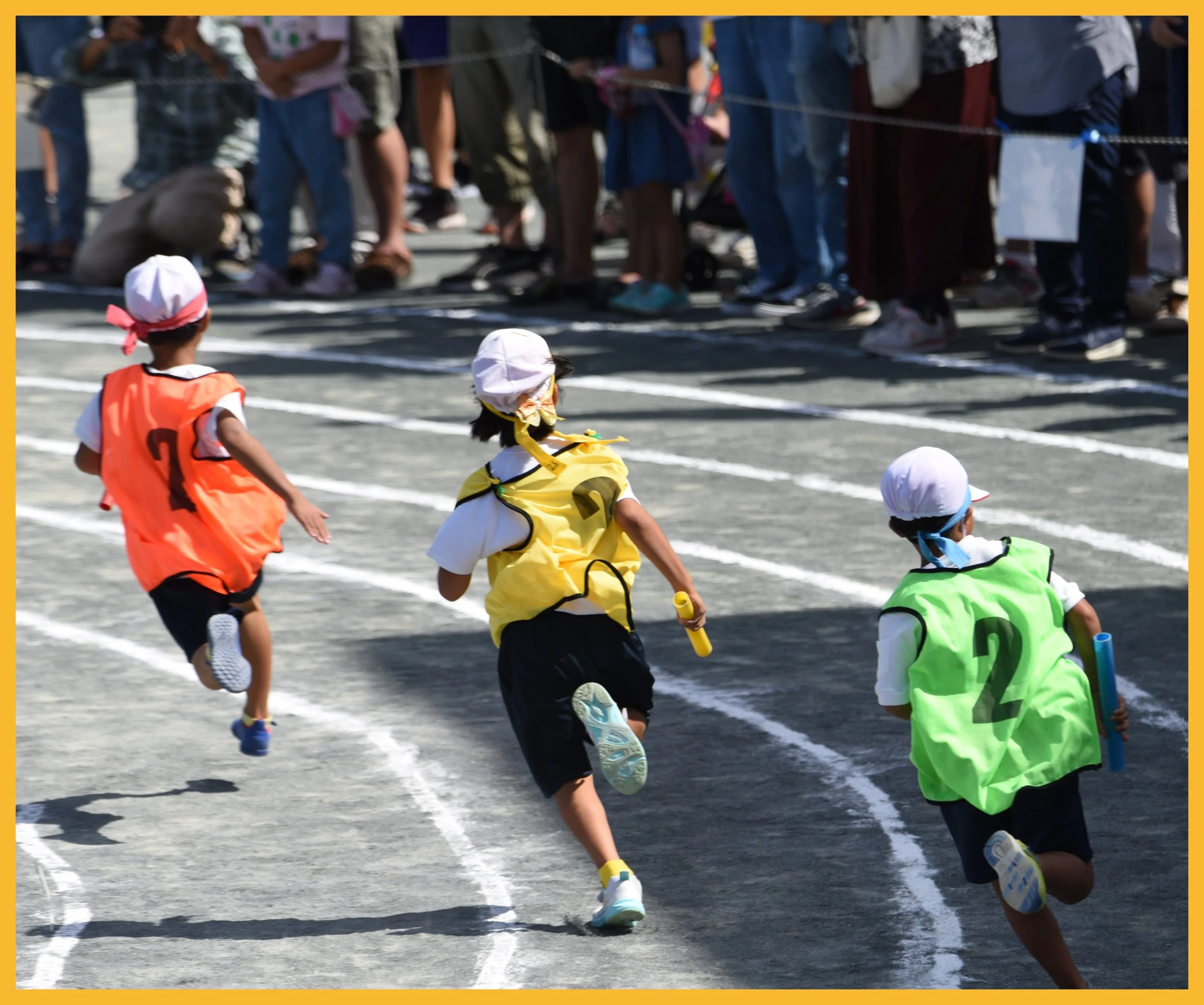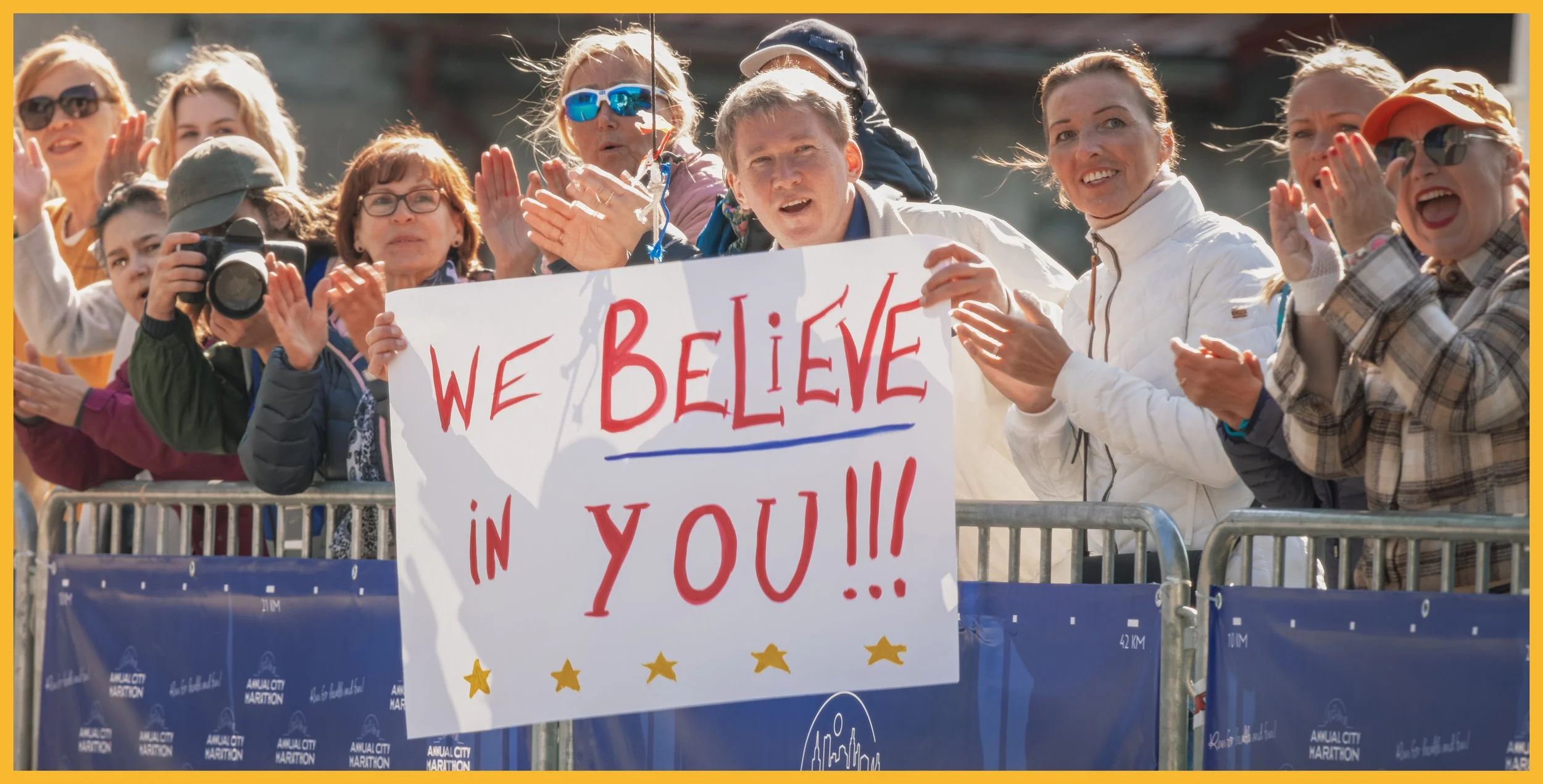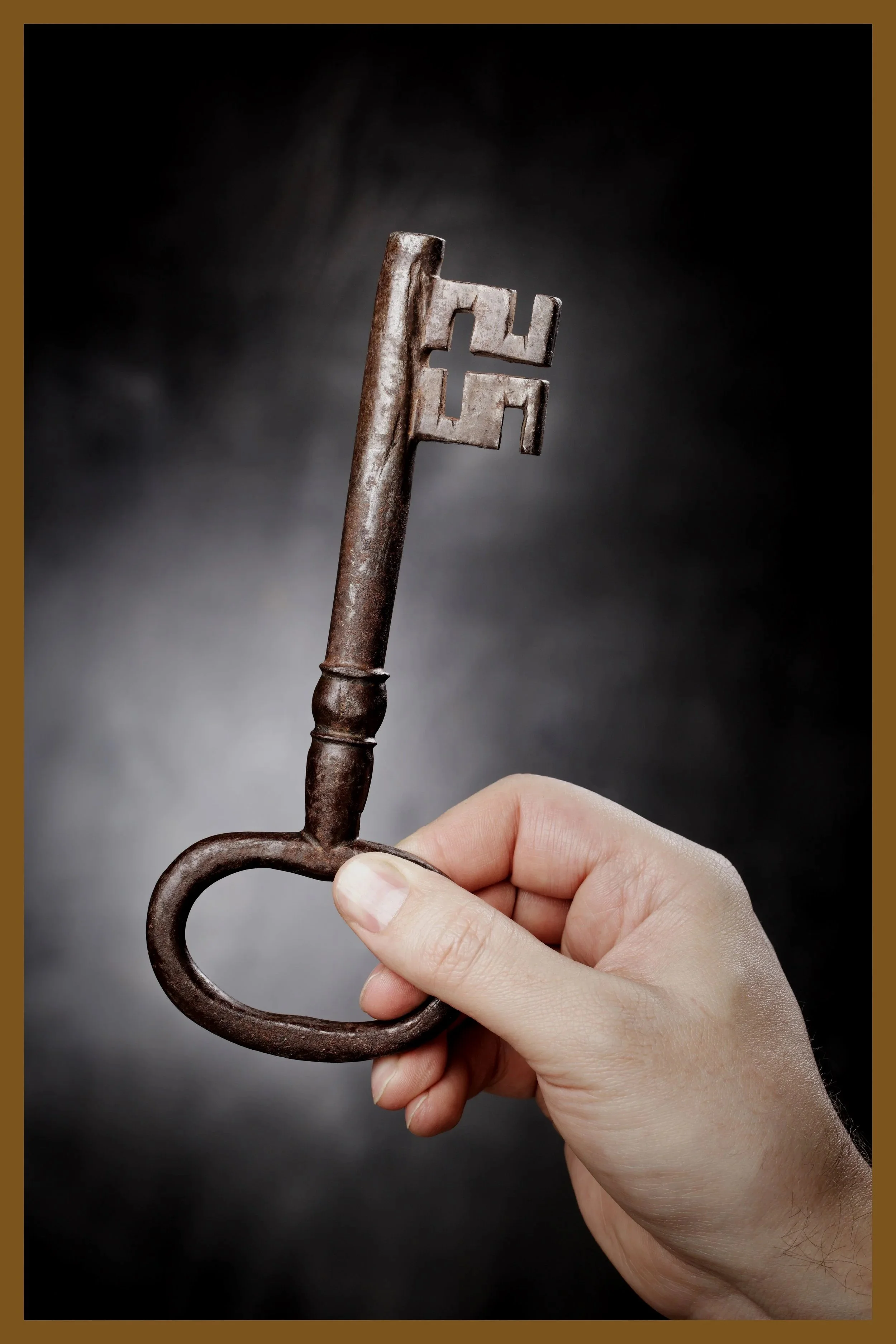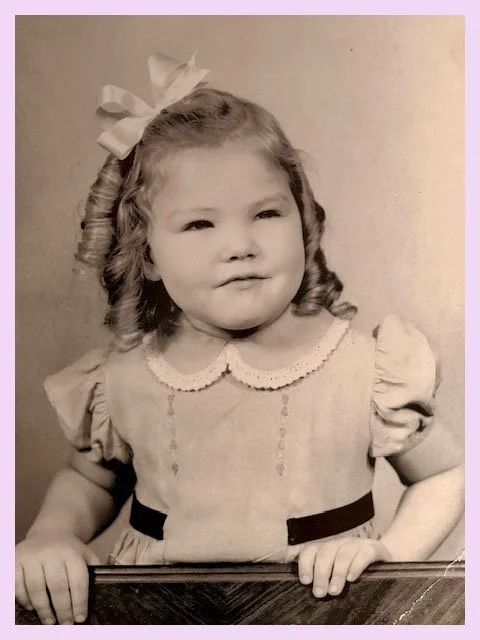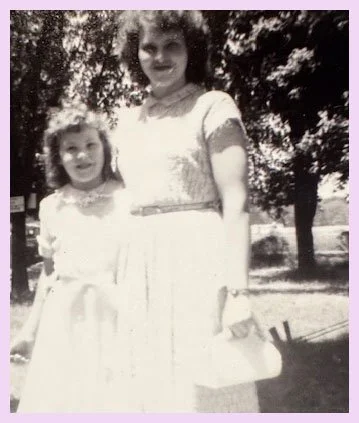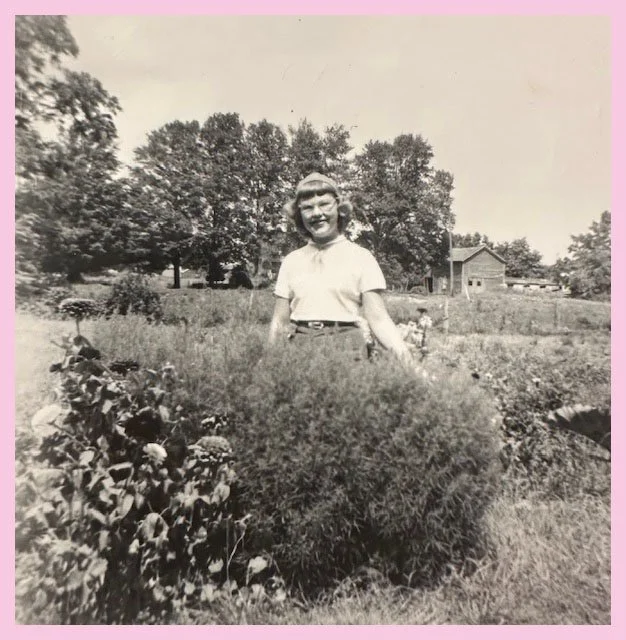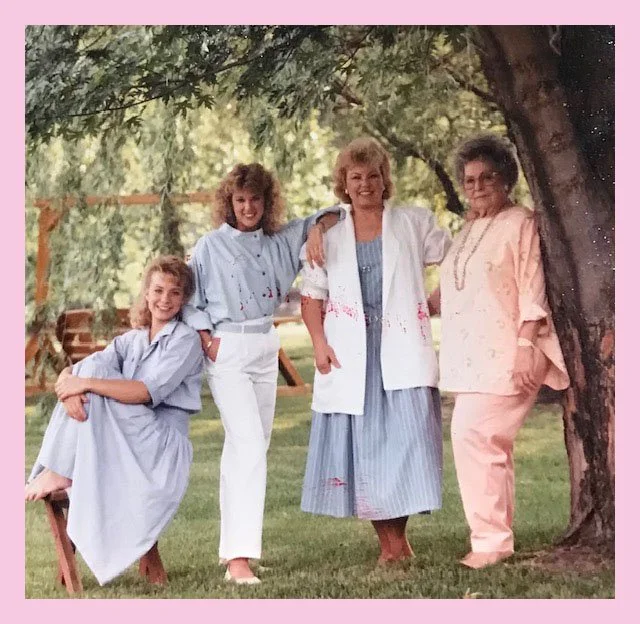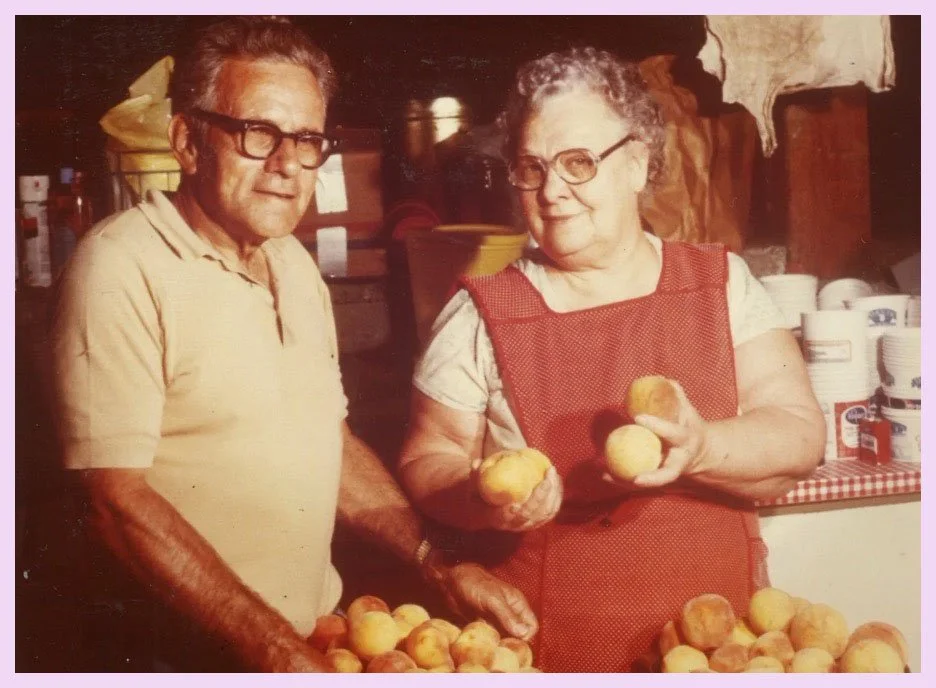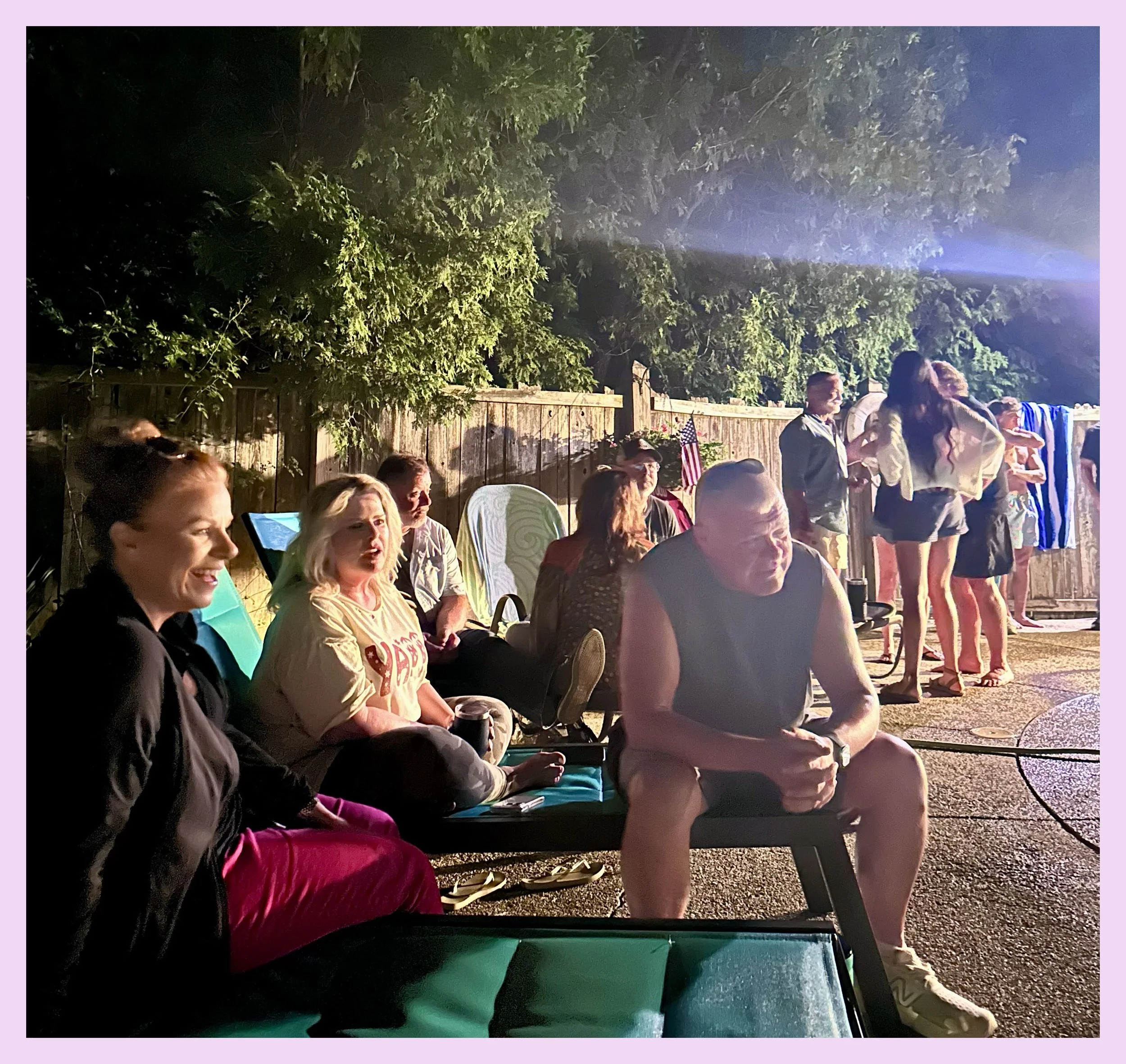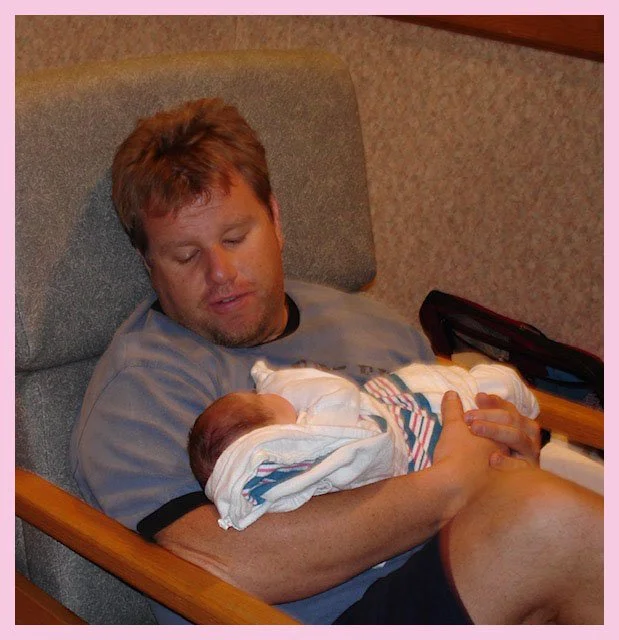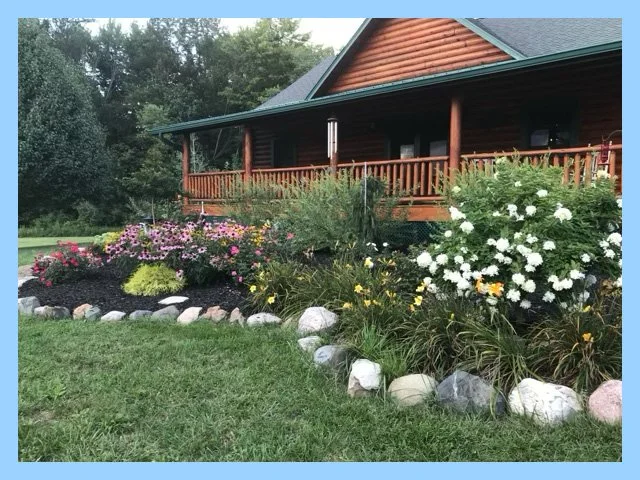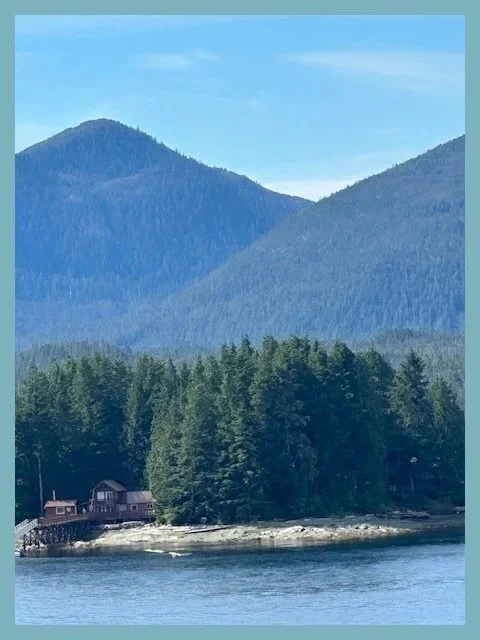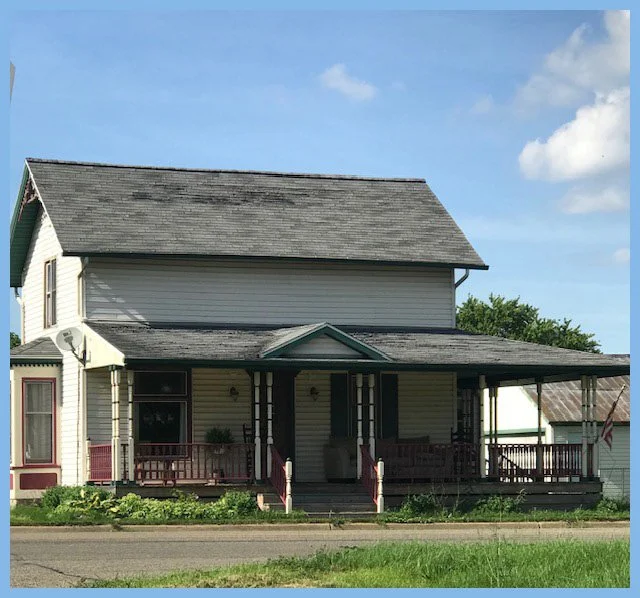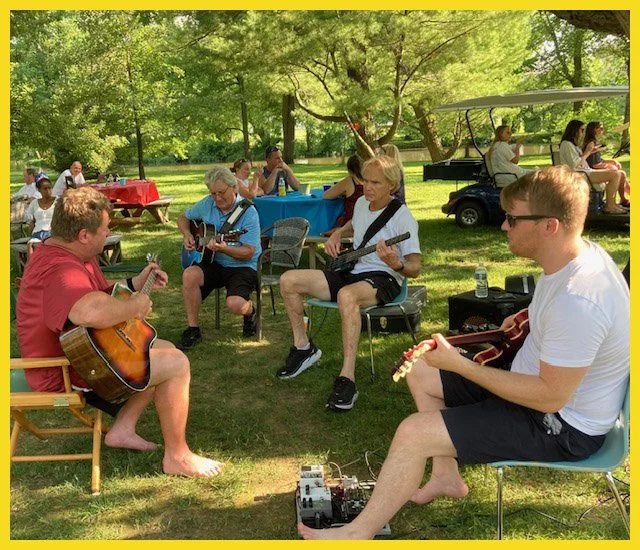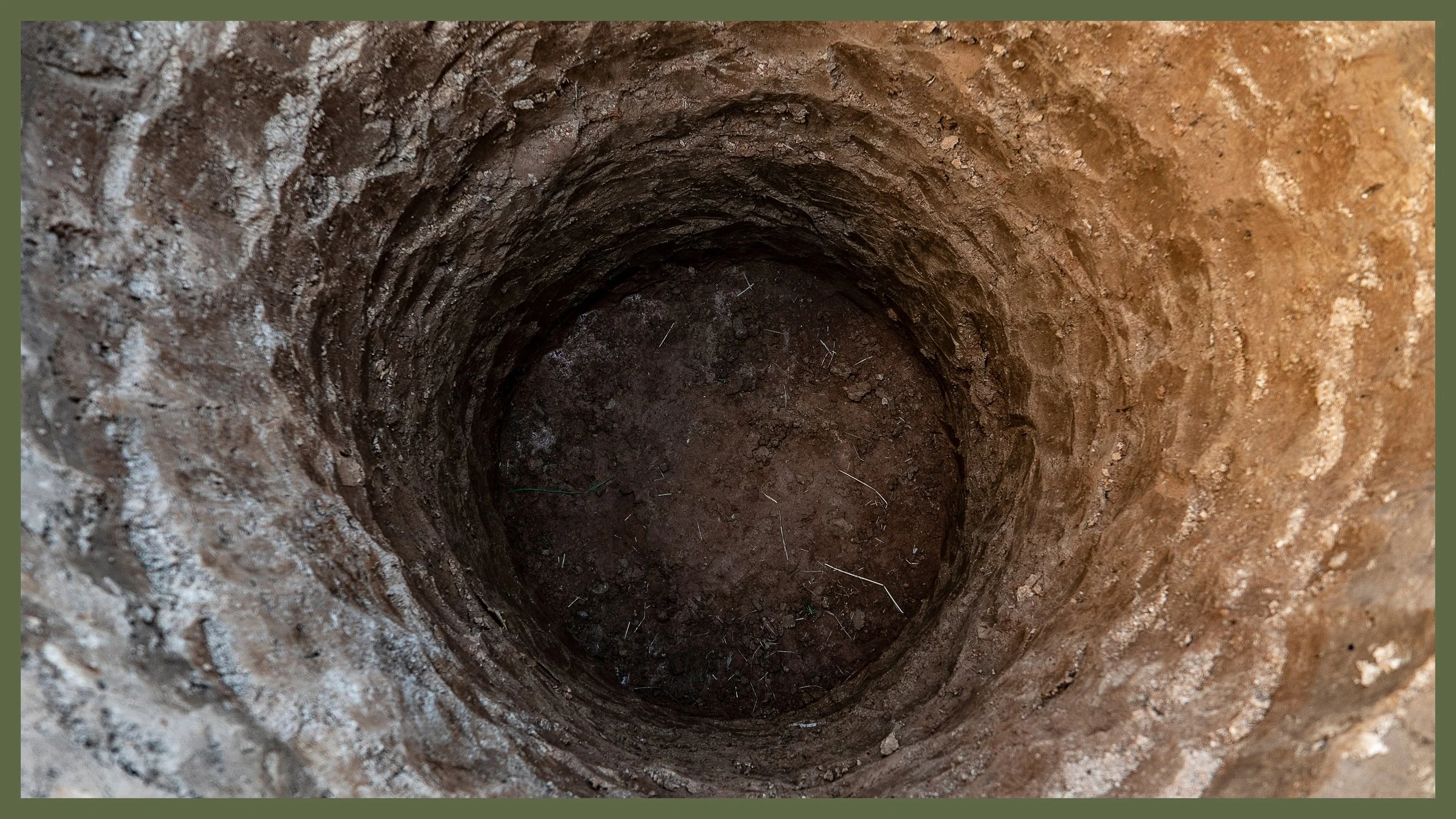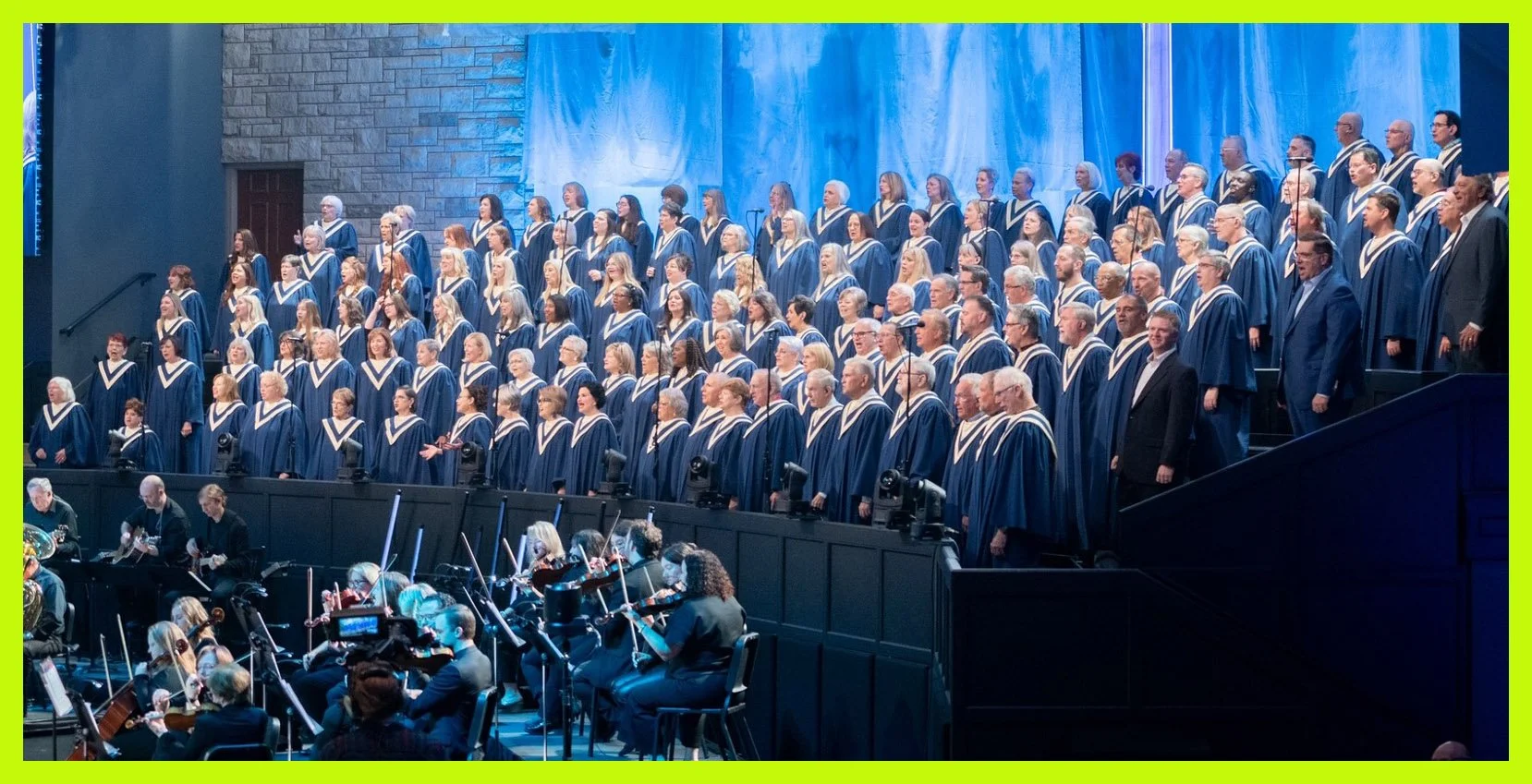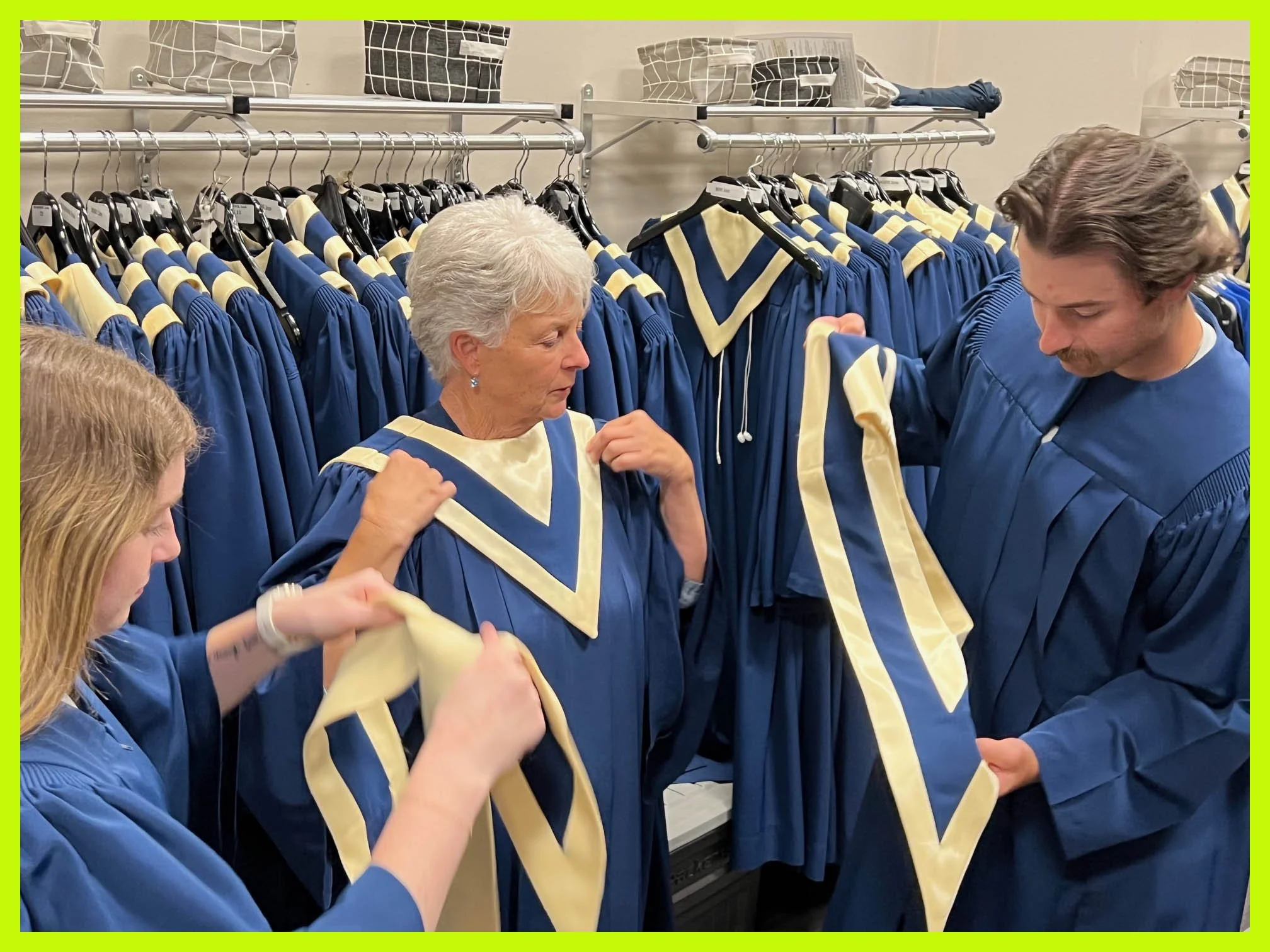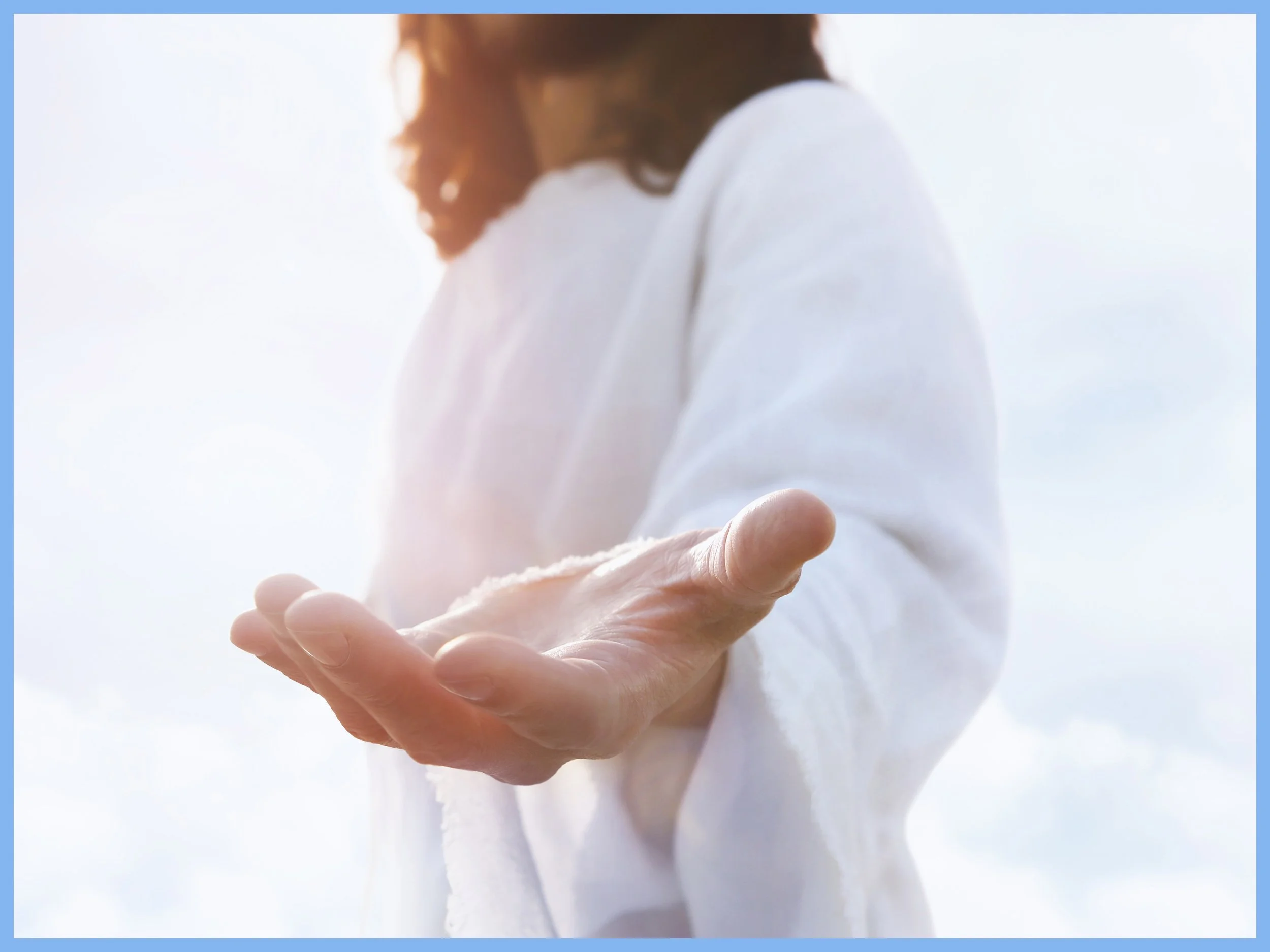Being is life’s most articulate monologue. All other statements must fall in line behind what we are. Being what we truly are at the core of our character makes no appointments for convenient times to be seen. There are no “on” and “off” switches to the way we live our lives, though we may have times when we “look good” or “act nice” or “perform for the camera.” But even then when we may fool a stranger or con a novice for a while, sooner or later a roll of the eyes, a gesture of the hand, a sigh, or our body language will give us away.
The place where we are most often what we truly are is at home, for more of our true being is done there. Home is where we can and do shed our protective facades. It is where we can “relax and just be.” So that is where our true selves speak loudest of all. It is where the interaction between differing personalities is more intense and goes on for the longest time, making more demands on our character at a deeper level than between more transient and temporary relationships of the school or workplace.
John O’Donohue put it this way in his lovely collection To Bless the Space Between Us:
“Most of what happens within a home unfolds inside the ordinary narrative of the daily routine. Yet later on in life, when one looks back more closely, it is quite incredible how so many of the roots of one’s identity, experience, and presence lead back to that childhood kitchen where so much was happening unknown to itself.”
But the being that makes a difference, at home or anywhere, takes being fully alive--plugged in and aware. Those who bring joy seem to notice everything. The simplest things bring them joy—the exuberance of children, the raindrops on the holly leaves, the way the sunbeams through the window cause rainbows to dance on the wall, the first blossoms in the spring, the taste of the first ripe apple—everything brings them joy and that joy is infectious.
Perhaps this ability to be tuned in is what Jesus meant when He said, “I come that you may have life, and have it with abundance.” Being “alive with His life” is a wonder in this pessimistic world. It is, well, a light! No wonder the gospels seem to use the terms “light” and “life” interchangeably!
Think of the people in your life that seem to be the “presence” to brighten the space wherever they are. They seem to be light, walking. They are the ones that seem to not only bring the joy, but they also bring hope when there is pain. They are the calm in the storm and the wisdom in chaos. It’s not so much what they say (although these are the ones we are drawn to for great conversations and bits of wise advice) as what they are.
They are the silent “yeast” that makes the bread of life so delicious. They are the flame where the children go to ignite the sparklers of their dreams. They sing the lullabies that calm spirits and bring us to rest. They are the ones who can build a shelter out of scrap lumber, create a masterpiece from left-over paint and a piece of old canvas, or sew a designer suite with the fabric of our days. They show us that to live is a blessing but to be is holy.
Leave the harsh directives and judgmental accusations to others. The “sermons” that really change us are most often unspoken but lived out by those who have learned to let the Holy Spirit do what He does while they do what they do best— delight in the Lord and just be.

